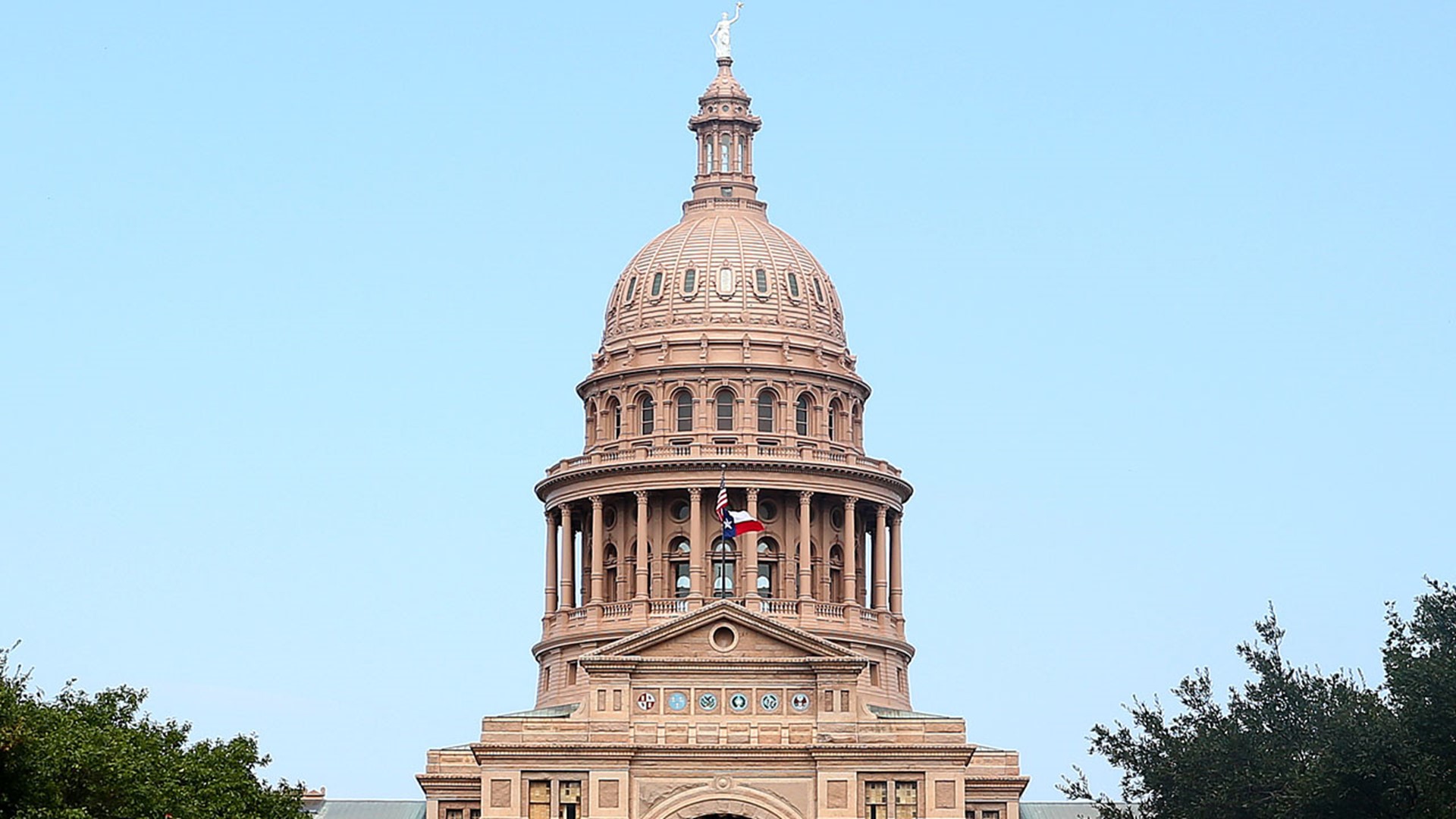AUSTIN, Texas — The 67 page Election Integrity Protection Act of 2021 kept lawmakers up early Sunday morning as try to get the bill on the governors desk. At the same time, the Texas NAACP and other organizations oppose the bill.
Texas Democrats simply left the House floor Sunday night, preventing a vote on the bill before the deadline. Since, Gov. Gregg Abbott said he would call a special session to pass Senate Bill 7 and House Bill 20, regarding the bail system.
Here are some of the changes the voting bill would make.
1. Changing voting hours
Local election that would not include primaries or general elections would be required to provide early voting "for a period of at least nine hours, except that voting may not be conducted earlier than 6 a.m. or later than 9 p.m." Currently Texas law requires at least 12 hours during this time.
Early voting in a primary election or the general election would still be conducted for at least 12 hours on each weekday of the last week of the early voting period. On Sunday, early voting must now be conducted between 1 p.m. and 9 p.m.
The new bill could actually expand voting in some counties, as it would now applies to counties with a population of 30,000 or more instead of 100,000 or more which is the current rule.
2. Employees must be allowed time to vote early
The bill states that an employer commits an offense if they refuse "to permit the other person to be absent from work on election day or while early voting is in progress for the purpose of attending the polls to vote." The bill does not currently define what the offense would be as far as 6 News can tell.
3. No drive-thru voting
While counties could still offer curbside voting to some individuals at polling locations, temporary voting locations set up for drive-thru would be against the law. The bill states:
"Each polling place shall be located inside a building. A polling place may not be located in a tent or similar temporary moveable structure or in a facility primarily designed for motor vehicles. No voter may cast a vote from inside a motor vehicle unless the voter meets the requirements of Section 64.009."
4. Video surveillance on areas containing voted ballots
The new bill would require counties with a population of less than 100,000 "may", counties with a population of 100,000 or more "shall", implement a video surveillance system that retains a record of all areas containing voted ballots. It must be available to the public by livestream with counties with a population of 100,000 or more.
5. Poll watchers may not be turned away
The bill said an election officer who intentionally refuses to accept a watcher, when the watcher is required by law, would be committing a Class B Misdemeanor. It also states that watchers must take an oath stating, "I swear (or affirm) that I will not disrupt the voting process or harass voters in the discharge of my duties.
The bill states that a watcher may not be denied free movement where election activity is occurring and their view may not be obstructed by poll workers.
6. Greater Voter ID requirement for mail-in voting
Voters must provide one of several permitted identification numbers on their voter registration application and on their mail-in ballot. Voters may use the number on their driver license, the number on a personal identification card, or the last four digits of their social security number. The number would still be valid even if the driver license was expired.
Applicants that do not have any of these options would need to provide a statement explaining they had not been issued a number they could use.
7. Changes to "Disability" definition for voting by mail-in ballot.
The new bill would change to wording of state law to say, "A qualified voter is eligible for early voting by mail if the voter is not capable of appearing at the polling place on election day without needing personal assistance or injuring the voters health due to the voter's: (1) illness; (2) injury; (3) medical confinement ordered by a health care professional; or (4) mental or physical disability.
The bill further explicitly states that a lack of transportation does not count as a disability and an illness or injury that does not prevent the person from coming to the polls alone would not be sufficient either.
8. Officials and political parties cannot proactively send out vote by mail applications.
The bill makes soliciting applications to vote by mail a state jail felony unless the application was specifically requested or the official is allowed to send out the application by another section of election law.
9. Form required for individuals who provide rides to the polls.
The bill states a person who assists three or more voters at one time by providing transportation to the polling place must complete and sign a form. The form requires their name, address, and information about why they are providing assistance. This does not apply if the person is related to the voters they drove to to the location.
10. Form required for individuals assisting other voters.
According to the bill, any person who is not an election officer who assists a voter must fill out a form stating their name, address, and whether they are being compensated for their help by a candidate, campaign, or political committee. They must sign a statement saying "I did not encourage, pressure, or coerce the voter into choosing me to provide assistance."

